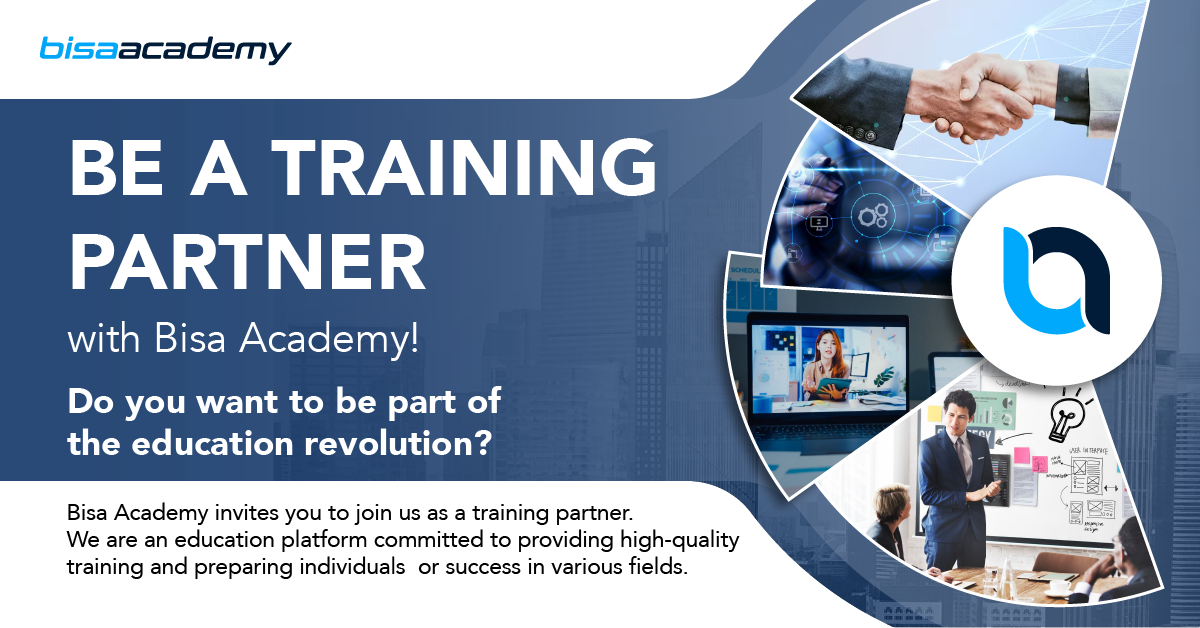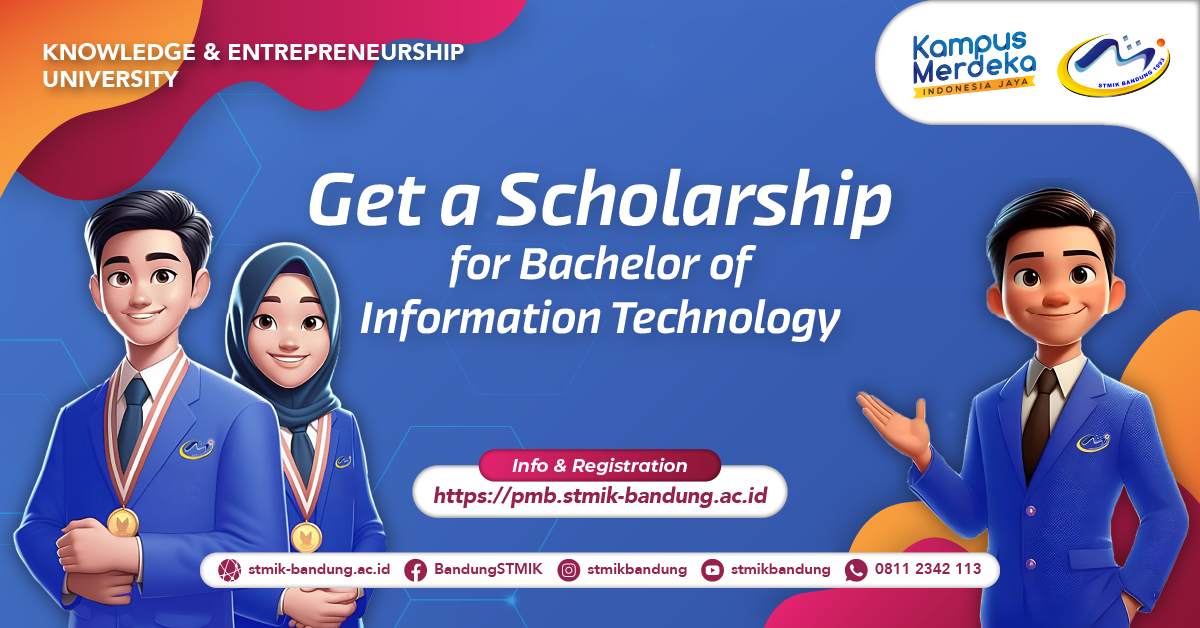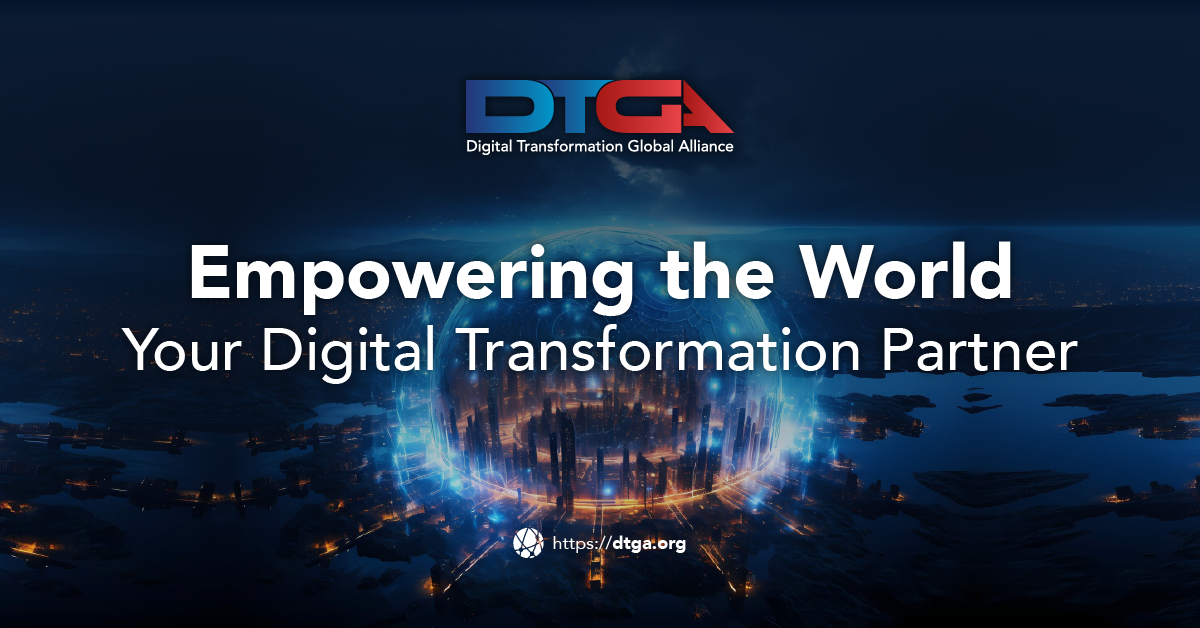
Summary: Zakat literacy is the ability to understand, calculate, and access zakat-related information, fostering awareness and willingness to fulfill this obligation. It comprises fundamental knowledge, such as zakat laws and beneficiaries, and advanced comprehension, including zakat management, regulations, and socio-economic impact. Raising zakat awareness requires educational initiatives, financial literacy programs, and community engagement to emphasize its role in economic justice. Strengthening public trust through transparency and digital fintech solutions can further encourage formal contributions. Strategies to enhance zakat literacy include integrating zakat education into curricula, leveraging digital platforms, promoting institutional trust, engaging religious leaders, and implementing supportive government policies. By improving zakat literacy, societies can maximize zakat’s potential, fostering social transformation and economic justice.
Understanding Zakat Literacy
Zakat literacy refers to an individual's ability to comprehend, calculate, and access information related to zakat, ultimately shaping their awareness and willingness to fulfill this religious obligation. It extends beyond basic knowledge to include a deeper understanding of zakat management, regulations, and its broader socio-economic impact. A higher level of zakat literacy directly correlates with an increased likelihood of individuals contributing through formal institutions, thereby enhancing the effectiveness of zakat as a tool for wealth distribution and poverty alleviation.
At its core, zakat literacy consists of two key components: fundamental knowledge and advanced comprehension. Fundamental knowledge includes basic concepts such as the definition of zakat, the legal requirement to pay it, the eight categories of eligible beneficiaries, zakat calculations, and the various forms of zakatable assets. Advanced comprehension, on the other hand, involves an understanding of zakat management institutions, legal frameworks, the economic and social impact of zakat, distribution programs, and digital payment mechanisms. These two dimensions provide a structured approach to assessing and improving zakat literacy within a community.
However, literacy in Zakat should not be limited to theoretical knowledge. True zakat literacy is not only about understanding the rules but also fostering a sense of responsibility and behavioral change. The goal is to transform a recipient of zakat (mustahik) into…

















